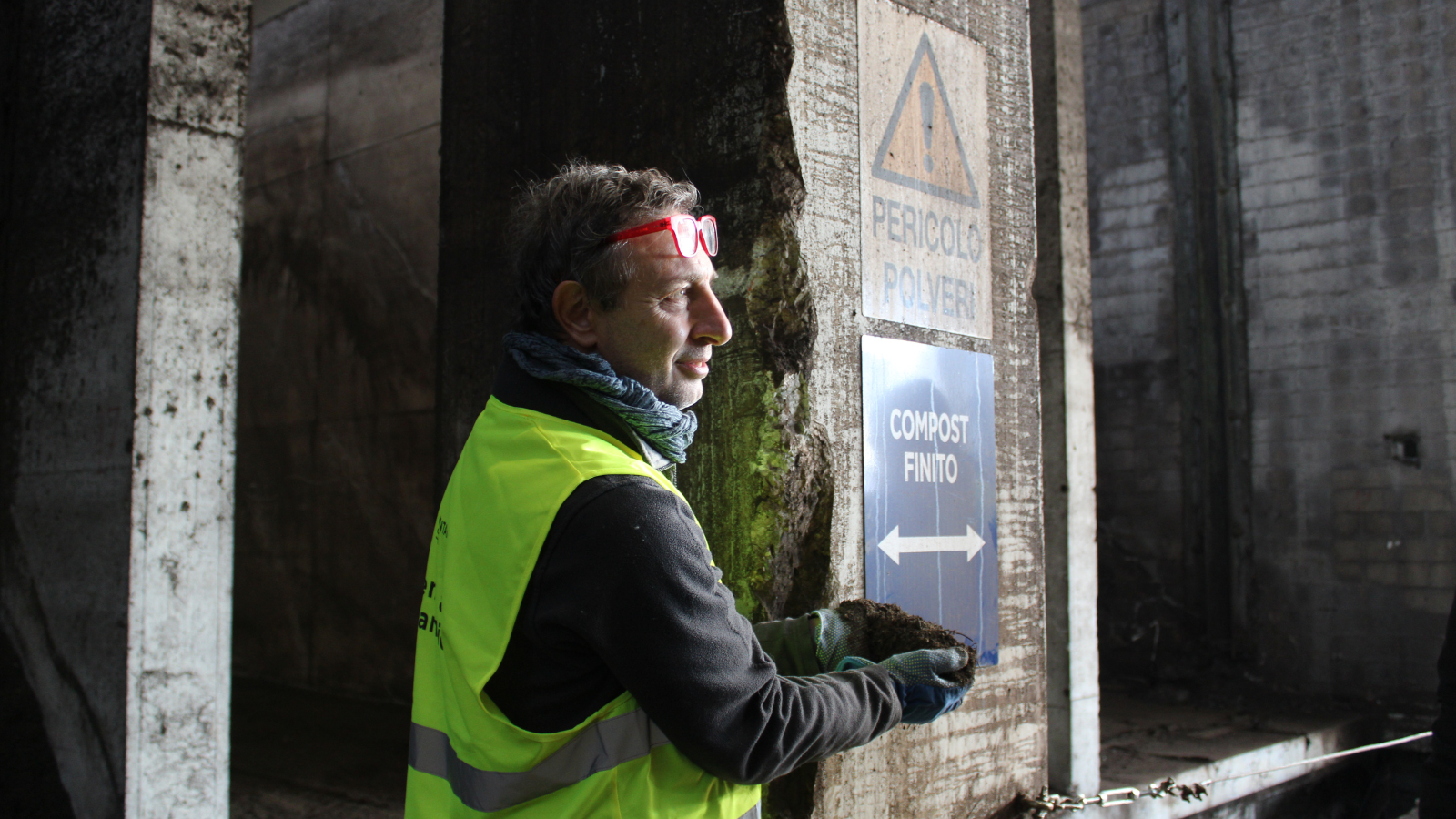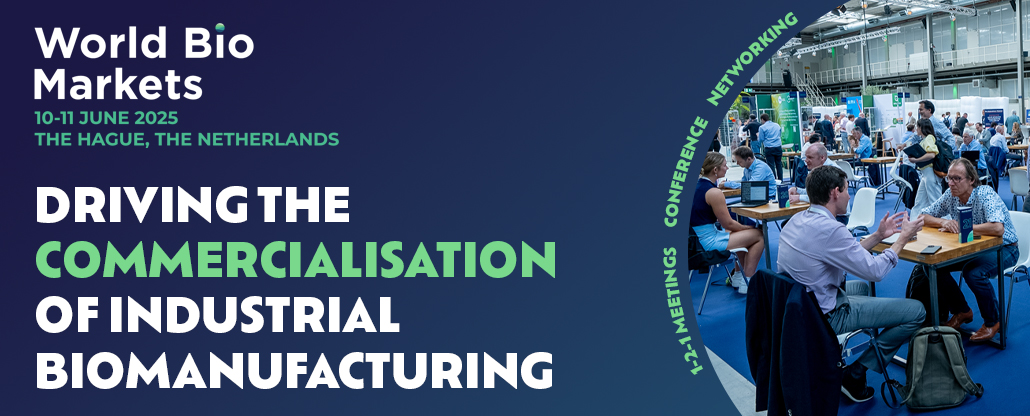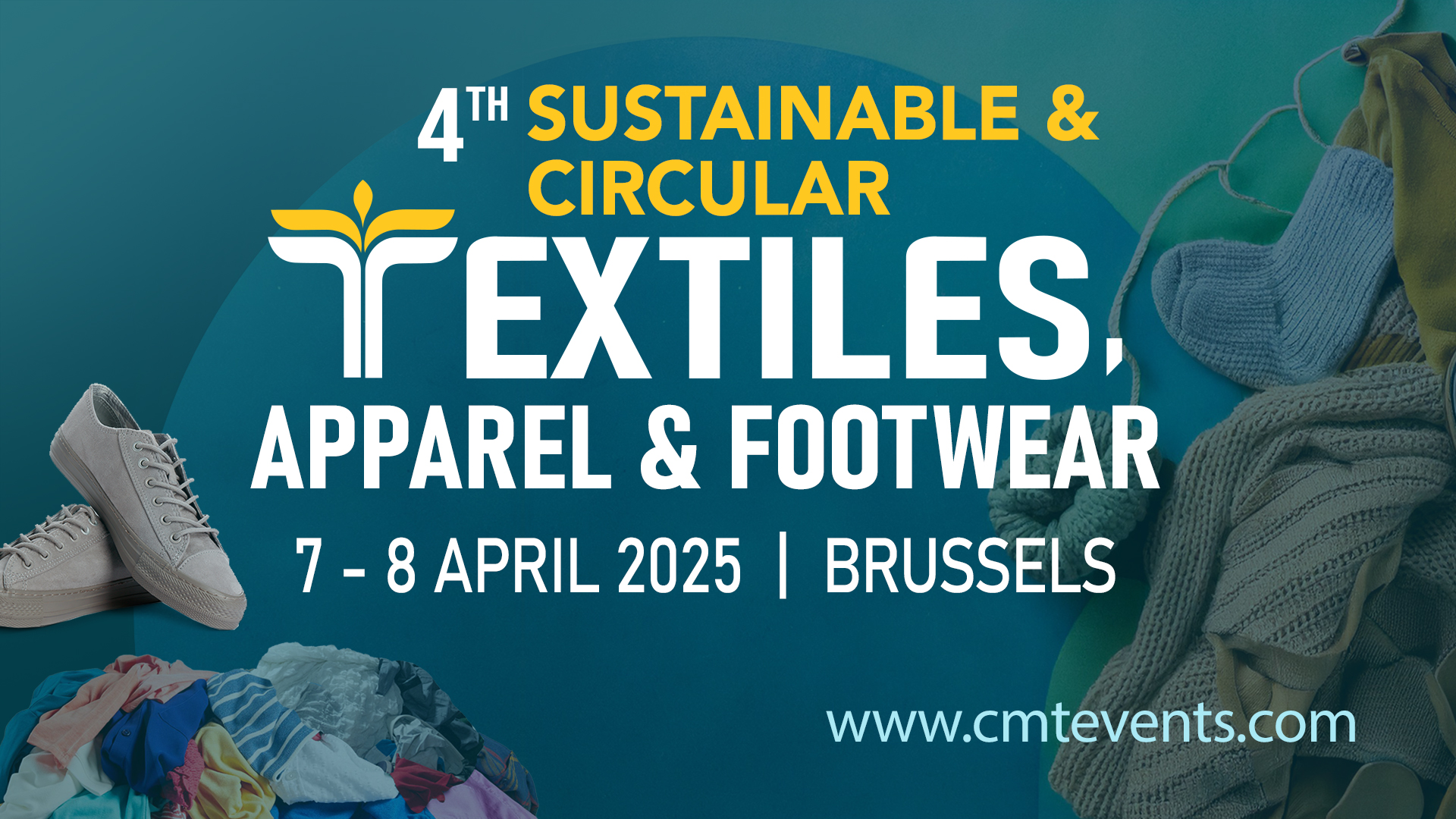In response to the pressing need for efficient bio-waste management systems in Europe, LIFE BIOBEST is stepping forward to guide and mainstream the best bio-waste practices and policies across the EU. This groundbreaking initiative aims to pave the way for widespread and appropriate solutions in the bio-waste chain, from generation to treatment.
A mandatory separate collection of bio-waste will be entering into force by 31st December 2023 under the Waste Framework Directive, and it is expected that more bio-waste will need to be pushed in the direction of anaerobic digestion and composting.
The task at hand is to ensure the development of bio-waste management best practices and the production of quality compost and digestate for soil applications, while minimising any negative effect and closing the loop in an effective way.
Consortium lead, ENT Foundation, says, “During the first six months, the BIOBEST Consortium has worked hard to set a strong foundation for the next two years. We have made wonderful progress in the analysis of the cross-cutting factors, legal framework, and statistical datasets of bio-waste management. We have assembled our Advisory Board and brought key stakeholders into the discussion. As a LIFE preparatory project addressing ad hoc legislative and policy priorities, our overall goal is to prepare the basis of EU guidance and standardisation on closing the gap in the biological cycle to enrich soils with high-quality compost collected from bio-waste.”
Bio-waste – defined as biodegradable garden, food, and kitchen waste – is a crosscutting resource linked to green energy, agriculture, and pollution, among many other policy sectors. But while compost and digestate are promising, the current state of European soils reveals that on average 45% of soils contain low organic matter content. This deficiency hampers the soil’s fertility, affecting agricultural productivity, nutrient availability, and soil structure.
Manon Jourdan, Implementation Officer at Zero Waste Europe, says, “Our soils hold the key to sustainable agriculture and thriving ecosystems, but overuse and poor land management practices threaten to deplete them. We urgently need to recognise the value of our organic waste, transform it into precious compost, and breathe new life into our soils.
“With LIFE BIOBEST, our mission is clear: to harness the untapped abundance of lost organic matter and bridge the gaps in the biological cycle. Yet, to achieve this, we must prioritise the development and widespread adoption of optimal bio-waste collection systems in the EU.”
The LIFE BIOBEST project aims to identify and validate the current best practices and management instruments along the bio-waste management chain that allow the production of quality compost and digestate and establish a series of reference key performance indicators, based on the analysis of existing databases and experiences.







